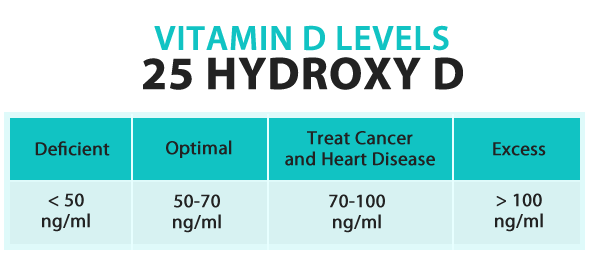Recent studies show that Americans are consuming too
many calories from added sugars.
Research
data between 2005 and 2010 found that the consumption of sugar was
substantially higher than the normal.
Past studies have already shown that too much sugar is associated with
health conditions such as obesity, high blood pressure, diabetes and risk
factors for heart disease and stroke. The
recommendation is no more than 5% to 15% of daily calorie intake from both
solid fats and added sugars.
Sources
of added sugar include both soft drinks and foods. Sugars from natural sources
such as milk and fruits are not included as added sugars.
Recent
reports showed that men consume more sugar than women on a daily basis (335 calories
vs 239 calories). Men and women aged 20-39 consumed the most calories from
added sugar, and it was revealed the amount of added sugar consumption
decreased with age.
Studies
also revealed that total calories consumed from added sugar varied by race and
ethnicity. Non-Hispanic black accounted for 14.5% of calorie intake for men and
15.2% for women; and whites and Mexican Americans consumed less. Additionally,
the lowest income category consumed more added sugar that the middle and high
income categories.
This research is helpful to
enable healthcare professionals to target the populations at risk of consuming
the highest amount of added sugars, and educating the population to change
their dietary preferences in order to avoid future health issues that could
have been prevented. Americans need to become more aware of what they are
consuming and make educated decisions for the benefit of their future.
Source: Medical New Today
Visit us at
The Center for Medical Healing for more information. Relieving your pain.....Restoring your life!

